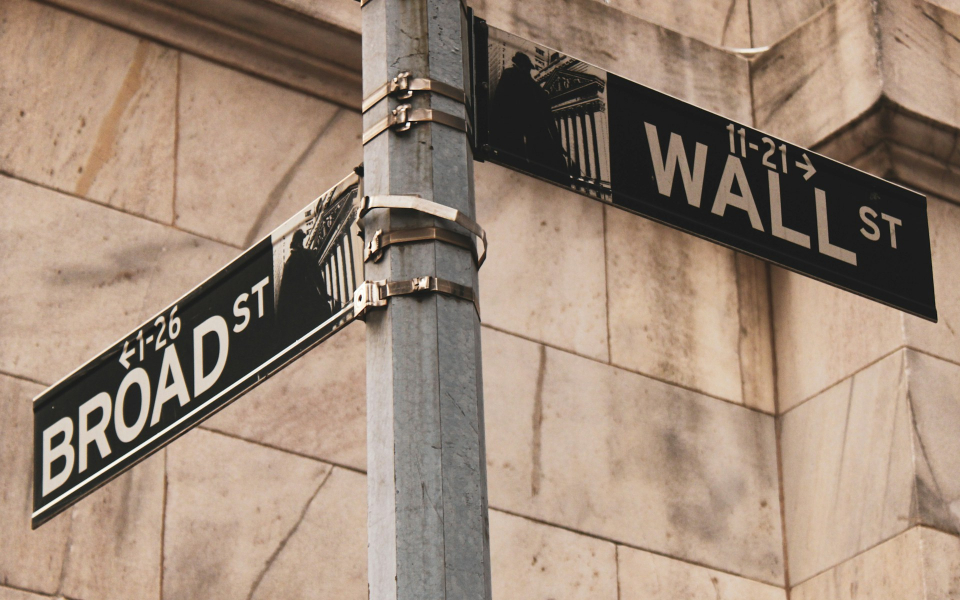Investors are reacting to multiple events that could impact the values of stocks and sectors in the coming weeks, as Iran launched a missile attack on Israel Tuesday, raising tensions in the Middle East.
Middle East Conflict: Iran's attack on Israel came in retaliation for the killing of Hezbollah leader Hassan Nasrallah.
On Tuesday, U.S. National Security Adviser Jake Sullivan said the United States worked with the Israel Defense Forces (IDF) to help defend the country from an attack of around 200 missiles.
During a White House press briefing, Sullivan said President Joe Biden and Kamala Harris monitored the attack from the White House situation room.
The U.S. government is working with the IDF to assess the impact of the attack, but there are no deaths known of Israelis at the current time, Sullivan said.
"This attack appears to have been defeated and ineffective," Sullivan said.
Sullivan called Tuesday's events a "fluid situation" that involves continuous monitoring for further threats. He said that one of the key focuses of the U.S. is protecting service members in the region.
While addressing reporters, Sullivan said he would not share Biden's potential response to Iran when asked what the president meant by "severe consequences."
"I can tell you that he is tracking this minute to minute."
Hurricane Helene Update: Over 100 fatalities have occurred from Hurricane Helene and its aftermath. Several states continue to be impacted and are working on restoration.
White House Press Secretary Karine Jean-Pierre said Biden will travel to North Carolina on Wednesday, and Harris will travel to Georgia Wednesday and then North Carolina later in the week.
Jean-Pierre said the White House is using every tool to help in the response and will be there every step of the way.
Secretary of Homeland Security Alejandro Mayorkas gave an update on the response during the briefing.
"This is a multi-billion dollar undertaking," Mayorkas said.
Mayorkas said around $1.7 billion has already been approved for individual assistance, and the rebuilding cost will be shared later, adding that it will be "extraordinarily costly."
When asked why Biden is going to Raleigh, North Carolina, and not a harder-hit area by the storm, Mayorkas said the president was trying not to interfere with the urgency of the response.
Port Strikes: Jean-Pierre said the president is also closely monitoring the port strikes and hopes the two parties can work through collective bargaining to prevent disruptions to the supply chain.
"I hope the American people have confidence in this president," Jean-Pierre said.
Jean-Pierre said the task force is meeting daily and will continue monitoring the situation.
Market Reaction: The price of gold and oil both spiked higher after the attack. The United States Oil Fund
News of the attacks sent major market indexes lower throughout the trading session. The SPDR S&P 500 ETF Trust
The SPDR Dow Jones Industrial Average ETF
The Invesco QQQ Trust
Several of the indexes recovered slightly into the close after further attacks did not happen.
Overall, technology stocks were hit the hardest, with defense and oil stocks trading higher.
Bitcoin is down 2% to $61,990.80 on Tuesday at the time of writing.















